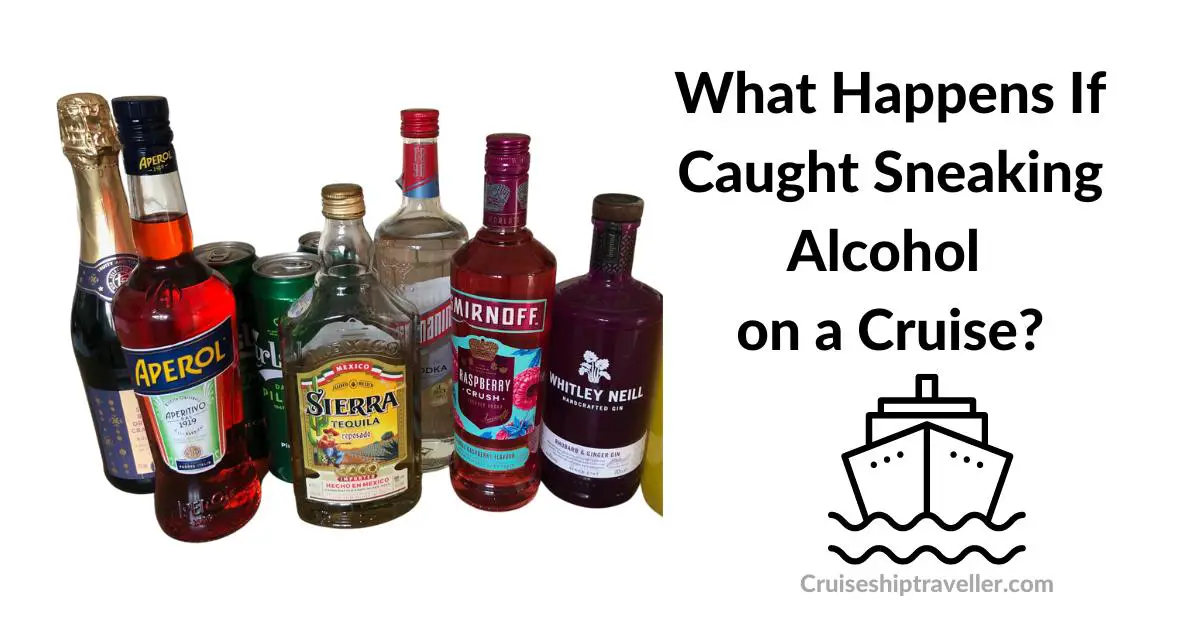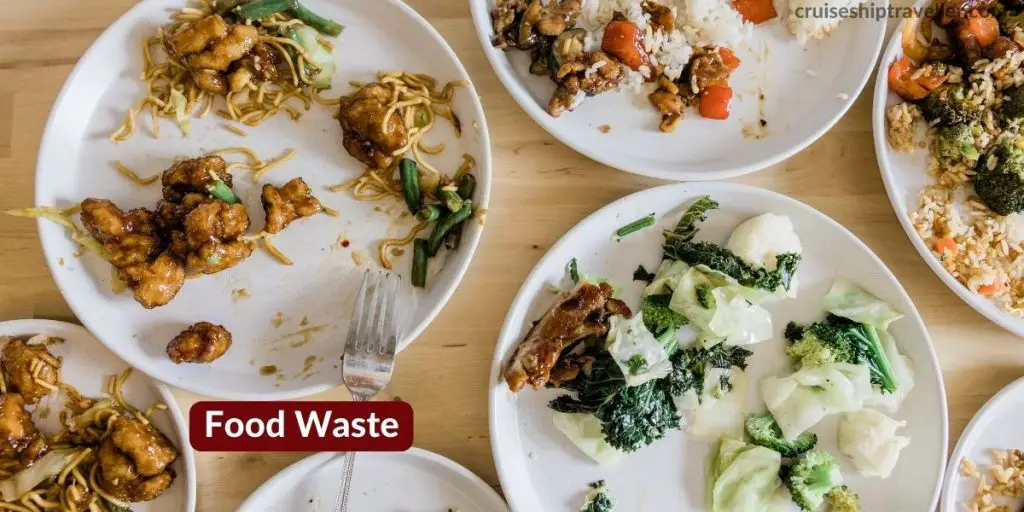Ever set sail on a luxurious cruise, armed with a drinks package, and found yourself wondering why the cocktails don’t seem as potent as you expected?
You’re not alone.
The question of whether cruise ships ‘water down’ their alcoholic beverages is a hot topic among cruisers worldwide.
Here we’re going to delve deep into this mystery, examining which cruise lines often find themselves under scrutiny and exploring several factors that might make your poolside Margarita and other alcoholic beverages feel less potent.
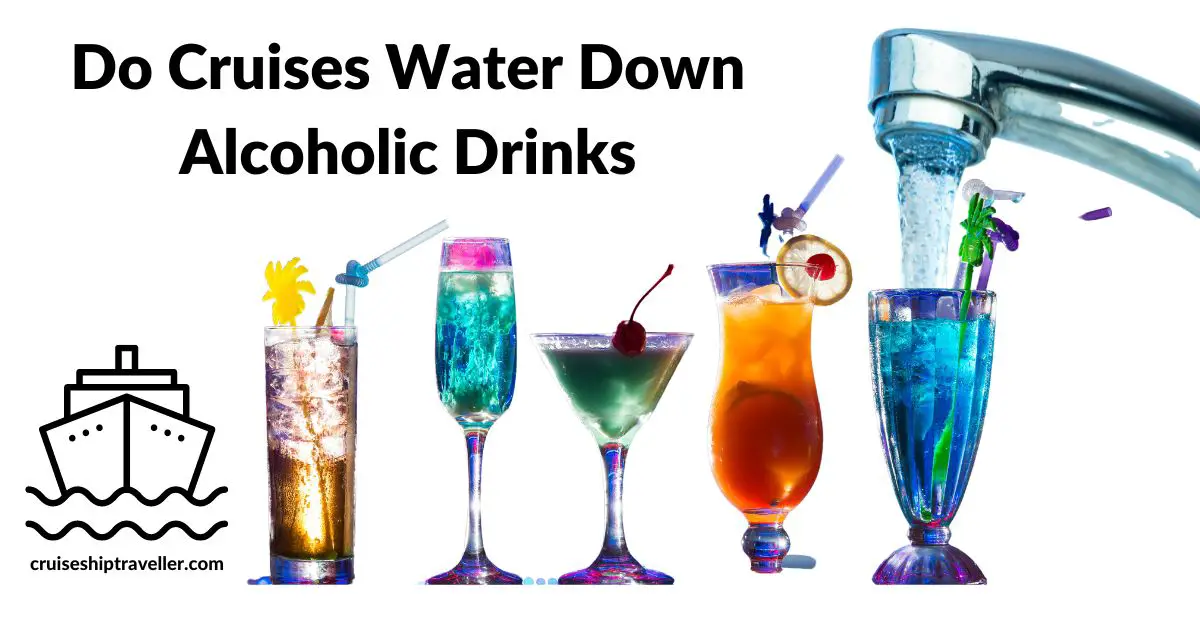
It turns out, there may well be valid reasons why you can seemingly drink a lot more alcohol and not feel as drunk as you might normally would on dry land in a bar or party, or just at home.
Are Cruise Ship Drinks Watered Down?
Most major cruise lines, if not all, prioritize maintaining a positive reputation, and they understand that the quality of their food and beverage services, including the strength of their alcoholic drinks, is an important part of that reputation.
Consequently, watering down alcohol isn’t typically a part of cruise line practices, as it would be generally considered unethical and potentially even illegal.
Factors Contributing to the Perception of “Watered-Down” Alcohol
While cruise lines themselves are unlikely to dilute alcohol, there are several reasons why a passenger might perceive their drinks to be weaker than expected.
Why Do Drinks Taste Watered Down on a Cruise?
There are various reasons why at times drinks on a cruise may seem like they are watered down.
Mixer Ratios
When talking about ‘watered down’ cocktails on a cruise, we can’t ignore the role of mixer ratios.
The mixologists on cruise ships, depending on their pouring style and the cocktail recipe, might use more mixers relative to alcohol.
This could result in a cocktail that tastes less boozy than what you’re used to at your favorite local spot, creating that ‘watered down’ impression.
Also be aware of a bad mixologist, perhaps they are knew and using too much mixer. Ive known this to be the case before.
Serving Sizes
Serving sizes can also influence your perception of a cocktail’s strength.
A larger glass doesn’t always mean a stronger drink.
If your cocktail is served in a larger glass, there could be more mixers added to fill up the space, while the alcohol content stays the same.
This could trick your taste buds into thinking you’re sipping on a weaker drink.
Type of Alcohol
The type of alcohol used in cocktails can also play a role.
Cruise ships often use house spirits or less well-known brands to make their cocktails, especially for all-inclusive packages. A popular one being the Royal Caribbean
These spirits might not be as strong or as flavorful as the premium brands, which could contribute to a perception of weaker drinks.
See our tip below about requesting certain brands.
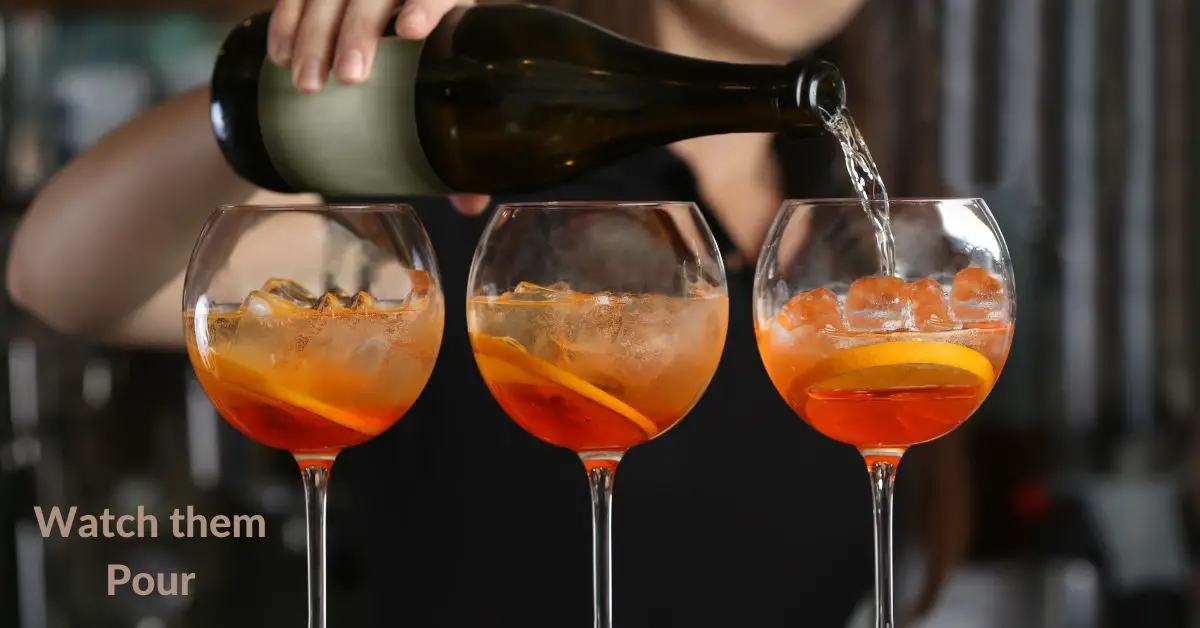
Temperature and Ice
Temperature and dilution due to ice melting can also be factors.
On a hot cruise ship deck, drinks can warm up and ice can melt faster, both of which can dilute a drink more quickly and make it seem like its watered down.
Requesting Brand Name Liquors on a Cruise Ship
One of the best tips that can potentially ensure the strength and quality of your cocktails on a cruise ship is to request well-known brand liquors in your drinks.
While this option might not always be available depending on the specific offerings, or particular bars on your cruise ship, it’s often possible and can have several benefits.
Ensuring Quality and Consistency
Well-known brand liquors have established a reputation for their specific flavor profiles and alcohol content.
When you order a drink made with a specific brand of liquor, you have a better idea of what you’re getting in terms of both taste and strength.
This is because reputable brands are consistent in their production processes, which leads to a
consistent product.
Moreover, these brands are subject to regulations and quality checks, which ensure that their alcohol content is as advertised on the bottle.
Lesser-known or cheaper brands may not have the same level of quality control, leading to potential variability in strength and taste.
Does Using Brand Name Liquors Make a Difference?
Using well-known brand liquors in your cruise cocktails can make a noticeable difference.
First, there’s a taste element, higher-quality brands often offer smoother and more refined flavors, which can significantly enhance your cocktail experience.
In terms of alcohol strength, while there’s a standard range of alcohol content for different types of liquor (for instance, most vodka is around 40% alcohol by volume), cheaper brands can sometimes fall on the lower end of this range.
Higher-quality, well-known brands are more likely to fall on the higher end. This means that a cocktail made with a well-known brand could potentially be stronger than one made with a cheaper substitute, though the difference might be minor, some people notice it.
It’s worth noting, however, that the difference in alcohol content between brands is generally not dramatic, and the perceived difference in intoxication level might be more influenced by the overall quality and enjoyment of the drink rather than the actual alcohol content.
Requesting a specific brand of liquor for your cocktails on a cruise ship can ensure a consistent, high-quality drinking experience.
While it might not dramatically increase the strength of your drink, it can make your cocktails more enjoyable, and potentially slightly stronger.
Order an Extra Shot
If you think the drinks are weak and you want to feel more of the effects of alcohol, order an extra shot, preferably a brand name favourite with your other drink of choice. Down the shot and then enjoy your drink.
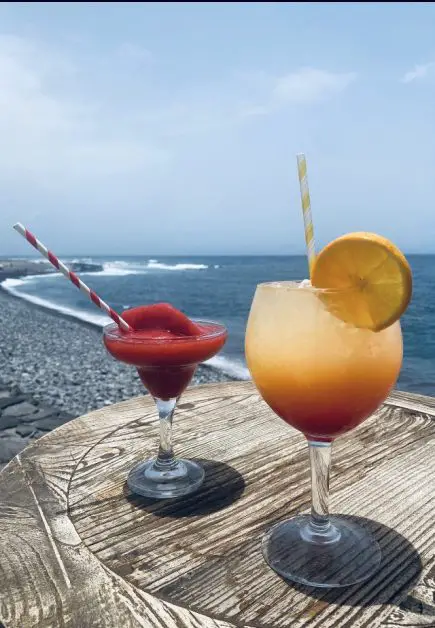
Why Is It Hard To Get Drunk On A Cruise?
There’s an interesting phenomenon where some cruise-goers report consuming more alcohol than usual without feeling as intoxicated as they typically might.
There are several factors that could potentially contribute to this.
Unique Environment and Routine
The unique environment of a cruise ship can play a significant role.
On a cruise, passengers are typically on vacation and living outside of their normal routine.
This could mean they’re drinking at different times of the day or consuming alcohol more slowly over a longer period of time.
This slow, spread-out consumption might result in a less intense feeling of intoxication compared to drinking the same amount in a shorter time frame, which might otherwise be the norm.
On average, the human body can metabolize about one standard drink per hour.
So if you have 7 alcoholic drinks during the day by the pool, but spread over 7 hours, you won’t feel intoxicated, like you would if you had 7 drinks in 2 to 3 hours back home at a bar.
Distractions and Activities
Cruise ships are bustling with activities, entertainment, and sights to see.
The constant distractions and engagement can make passengers less focused on their level of inebriation, as they’re busy having fun and participating in various activities.
It’s also possible that the physical activity associated with some of these distractions could influence the metabolization of alcohol, although admittedly the impact would likely be minor.
Being so active, you’d also more likely realise when you are becoming unsteady, and perhaps, automatically slow down your alcohol consumption.
Eating Habits
Cruise ships are notorious for their extensive and abundant food offerings.
If passengers are eating more, or more frequently, this could slow the absorption of alcohol into their bloodstream and mitigate its effects.
Hydration
On a cruise, people often drink more water due to the heat and humidity, especially in tropical locations. This increased hydration can help mitigate the effects of alcohol.
Drink Ratios
As mentioned before, the alcohol-to-mixer ratio in cocktails on cruise ships might be different from what passengers are used to elsewhere.
This could result in passengers consuming more drinks without feeling the expected effects of intoxication.
Measured
All the drinks you order on a cruise are going to be measured. If you’re used to pouring your own drinks at home, or making your own cocktails, its highly likely you pour a larger amount than the set measures you get at a cruise bar.
It’s important to note that while these factors might influence one’s perception of their intoxication level, they do not change the actual blood alcohol content or the potential dangers associated with excessive drinking.
Moderation and responsible drinking are always recommended, regardless of the setting
What Happens If You Get Too Drunk On A Cruise?
While you might not feel as buzzed or tipsy as you’d like or are used to on land, it’s important to consider what could happen if everyone on board was getting as hammered as they pleased.
Too Drunk on a Cruise? Here’s What Could Go Down
Having a few drinks and kicking back is all part of the cruise vibe, but if you take it too far, you could be in for a rough ride. Here’s the lowdown on what happens when you go overboard with booze on a cruise.
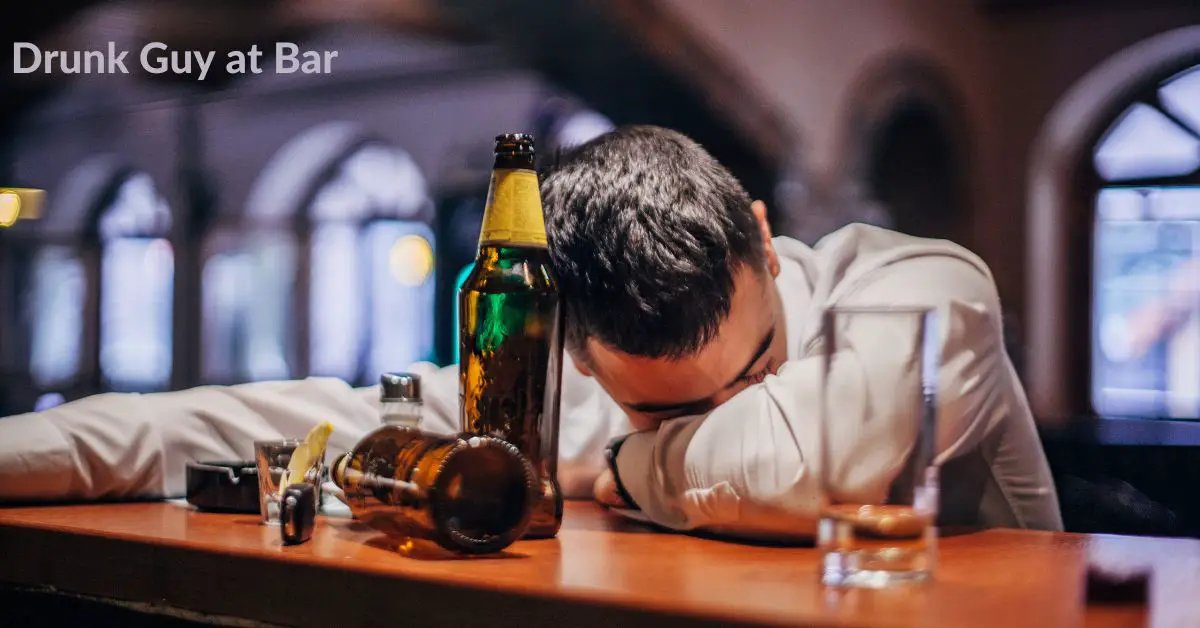
Medical Drama
First up, drinking way too much can lead to really serious stuff like alcohol poisoning.
If you’re in that bad a state, you’ll end up in the ship’s doctors office for treatment.
Cruise ships are prepared for emergencies, but they’re not full-on hospitals.
If things get super serious, the ship might have to change course and head for the nearest port, or you could be looking at a medevac situation.

Accidents Waiting to Happen?
When you’re drunk, you’re more likely to have an accident. You could trip, fall, or even tumble overboard. These situations can go from bad to worse real quick. Even though cruise ships have safety features, being drunk can make you ignore them.
Trouble with the Cruise Security
Getting hammered can also lead to bad behavior, and that’s not gonna fly with the cruise folks. Cruise lines have rules about how passengers should act, and if you’re off the charts because of booze, they’re going to step in.
Worst-case scenario? If you’re causing a ruckus, getting aggressive, or putting yourself or others in danger, they can lock you in your cabin or boot you off the ship at the next stop. If that happens, you’re on your own for getting home.
And if you’ve wrecked anything on the ship? They’ll likely send you the bill.
Its also possible you could be confined to your cabin, or in extreme circumstances sent for a stay in the cruise brig.
Law and Order
Lastly, remember that you’re under the law of the cruise ship’s home country, international sea law, and possibly the laws of the countries you’re visiting.
Drunken shenanigans could get you in legal hot water, especially if you go out on excursions.
So, while it’s cool to enjoy a few drinks on your cruise, going over the top can seriously mess up your vacation.
Cruise Ships Use Sealed Bottles
Its not unutal to see a bar tender break the seal on a brand new bottle of alcohol, and watch them pour from it. Definitive proof that the alcohol is not watered down.
However, when you see videos like this, it can make you wonder. This guy sneaked liquor onto the cruise ship and compared to a glass of the same liquor brought onboard, and thought from the bottle tasted stronger.
The problem is, the experiment isnt like for like. For a direct comparison he should have poured the bottled whiskey into a glass.
The aeration of the whisky poured into the glass, the temperature of the bottle, as well as other factors, could affect the taste.
What Can You Do If You’re Unsatisfied with Your Drinks?
If you’re on a cruise and feel that your drinks aren’t up to standard, there are several actions you can take.
Speak Up
First, bring your concerns to the ship’s management. Feedback is crucial in the hospitality industry, and most cruise lines aim to respond promptly and efficiently to passenger concerns.
Provide Feedback
Secondly, consider providing feedback after your trip. This can be done through post-cruise surveys, direct communication with the cruise line, or reviews on various platforms.
Many cruise lines take passenger feedback seriously and use it to improve their services.
Conclusion
While the perception of ‘watered down’ drinks on cruise ships can be common, it’s essential to consider the factors at play.
From mixer ratios to serving sizes, and even the sway of the ship itself, many elements can contribute to this perception.
Add in our individual tolerance levels and the relaxing vacation atmosphere, and it’s no wonder the potency of our favorite drinks can seem different at sea.
But don’t let that keep you from enjoying your cruise.
Remember, communication is key, so don’t hesitate to chat with your bartender to get the drink you desire.
After all, a cruise is about relaxing, having fun, and savoring the experience – cheers to that!”

